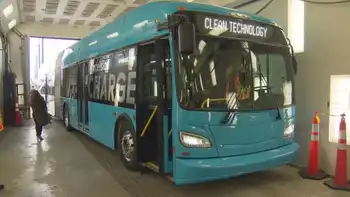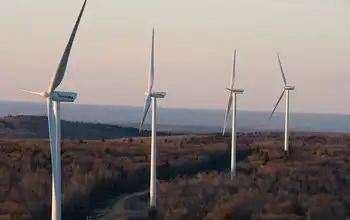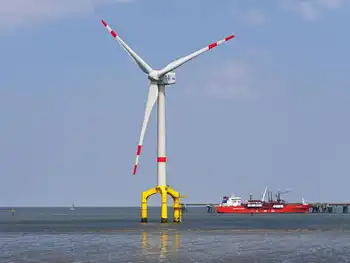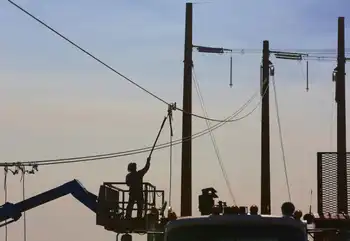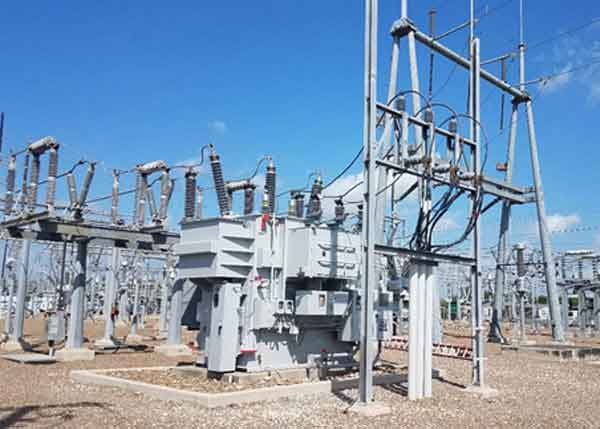New EPA power plant rules will put carbon capture to the test
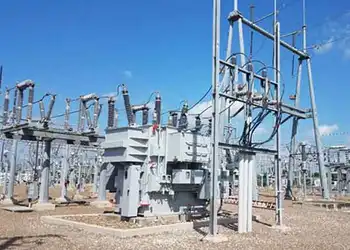
Electrical Testing & Commissioning of Power Systems
Our customized live online or in‑person group training can be delivered to your staff at your location.

- Live Online
- 12 hours Instructor-led
- Group Training Available
CCUS in the U.S. Power Sector drives investments as DOE grants, 45Q tax credits, and EPA carbon rules spur carbon capture, geologic storage, and utilization, while debates persist over costs, transparency, reliability, and emissions safeguards.
Key Points
CCUS captures CO2 from power plants for storage or use, backed by 45Q tax credits, DOE funding, and EPA carbon rules.
✅ DOE grants and 45Q credits aim to de-risk project economics.
✅ EPA rules may require capture rates to meet emissions limits.
✅ Transparency and MRV guard against tax credit abuse.
New public and private funding, including DOE $110M for CCUS announced recently, and expected strong federal power plant emissions reduction standards have accelerated electricity sector investments in carbon capture, utilization and storage,’ or CCUS, projects but some worry it is good money thrown after bad.
CCUS separates carbon from a fossil fuel-burning power plant’s exhaust through carbon capture methods for geologic storage or use in industrial and other applications, according to the Department of Energy. Fossil fuel industry giants like Calpine and Chevron are looking to take advantage of new federal tax credits and grant funding for CCUS to manage potentially high costs in meeting power plant performance requirements, amid growing investor pressure for climate reporting, including new rules, expected from EPA soon, on reducing greenhouse gas emissions from existing power plants.
Power companies have “ambitious plans” to add CCUS to power plants, estimated to cause 25% of U.S. CO2 emissions. As a result, the power sector “needs CCUS in its toolkit,” said DOE Office of Fossil Energy and Carbon Management Assistant Secretary Brad Crabtree. Successful pilots and demonstrations “will add to investor confidence and lead to more deployment” to provide dispatchable clean energy, including emerging CO2-to-electricity approaches for power system reliability after 2030,| he added.
But environmentalists and others insist potentially cost-prohibitive CCUS infrastructure, including CO2 storage hub initiatives, must still prove itself effective under rigorous and transparent federal oversight.
“The vast majority of long-term U.S. power sector needs can be met without fossil generation, and better options are being deployed and in development,” Sierra Club Senior Advisor, Strategic Research and Development, Jeremy Fisher, said, pointing to carbon-free electricity investments gaining momentum in the market. CCUS “may be needed, but without better guardrails, power sector abuses of federal funding could lead to increased emissions and stranded fossil assets,” he added.
New DOE CCUS project grants, an increased $85 per metric ton, or tonne, federal 45Q tax credit, and the forthcoming EPA power plant carbon rules and the federal coal plan will do for CCUS what similar policies did for renewables, advocates and opponents agreed. But controversial past CCUS performance and tax credit abuses must be avoided with transparent reporting requirements for CO2 capture, opponents added.






